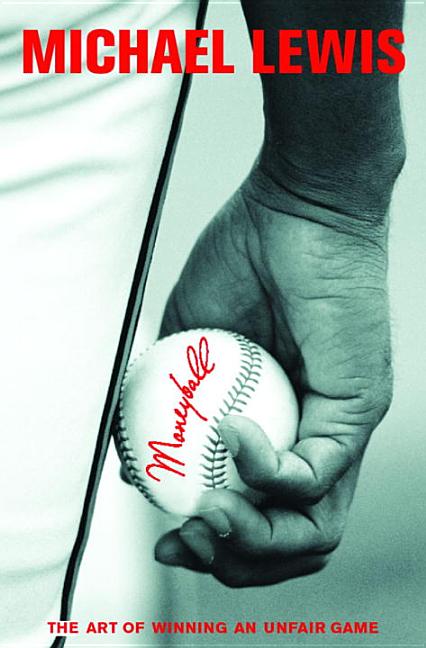Why You Should Read Michael Lewis
March 24, 2009
There are a set of writers who we assign superpowers to in The 100 Best. To the Wall Street trader turned juggernaut writer Michael Lewis, we assigned interpretation. And that may not seem like much of a gift, but it is his ability to make apparent, to bring meaning and understanding to those hidden forces.
There are a set of writers who we assign superpowers to in The 100 Best. To the Wall Street trader turned juggernaut writer Michael Lewis, we assigned interpretation. And that may not seem like much of a gift, but it is his ability to make apparent, to bring meaning and understanding to those hidden forces. Take his answer to the question asked by Fortune Magazine, "The stars of your books typically find ways to capitalize on market inefficiencies. Is contrariness necessary for greatness?" for example.
We chose Lewis' book Moneyball for The 100 Best because the story of Billy Beane and his management of the Oakland Athletics transcends baseball. It is the story of a man disrupting an institution. These are lessons for design engineers, HR managers, and corporate strategists.
There are two other sports stories that Lewis has written that capture the same disruptive effect. The first was his 8,787 word story that appeared in Play, the now-defunct sport magazine of The New York Times, about Texas Tech football coach Mike Leach and his game-changing view for how college football should be played (consider the effect in their run at the national championship this year). The second appeared just a few weeks ago in The New York Times Magazine. The 9,004 word story centered on Houston Rockets Shane Battier and his almost unmatched ability to make his team better when he is on the court (and not through offense). Both are brilliant and should be read.
I'll leave you with a few others if you find Lewis to your liking:
- Commie Ball: A Journey to the End of a Revolution - How sports agent Gus Dominguez, who has been convicted (wrongly, Lewis believes) of smuggling Cuban baseball players to the United States.
- The End - This is the current day afterword to Liar's Poker.
- An Interview with Michael Lewis - The Atlantic Monthly's Business Channel interviewed the writer in January 2009 on the anthology he edited Panic, his crazy long, two-part New York Times op-ed he wrote with David Einhorn from the beginning of that month and the future of journalism (of which Lewis has little to worry about).
- Wall Street on the Tundra - His latest from the April 2009 issue of Vanity Fair about the fall of Iceland's economy.


